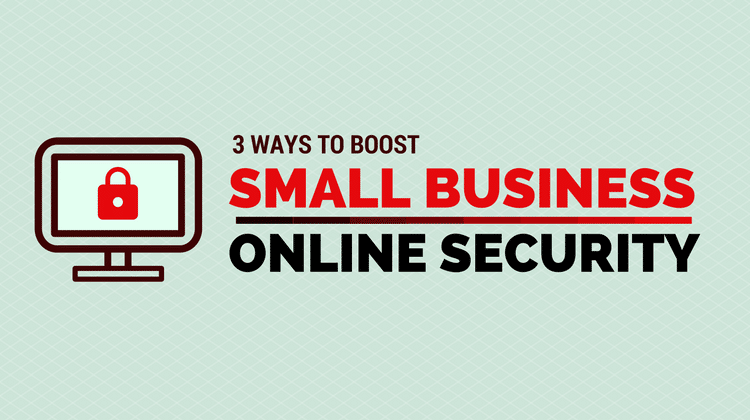
Sponsored by VPNsRus.com:
If your business operates online in any capacity, then you need to prioritize online security. This is true if your business has a website, if you sell products online, or if you and your employees use email and access the internet. All of these activities can leave your company open to cyber attacks ranging from minor, temporary problems to major problems like denial of service attacks that can completely disrupt your business and negatively affect sales.
It’s very possible that your business is at risk of a cyber security nightmare right now. Don’t be a victim. Instead, take the necessary steps to secure all of your business’ and employees’ online activities.
Here are three ways you can boost online security at your company that don’t have to cost a fortune. Keep in mind, none of these tools is 100% effective at stopping security threats, but they all help!
1. Two-Factor Authentication
You should never use the same password for more than one website or application. Instead, vary your passwords and use a password tool like LastPass or 1Password to keep them all straight. Even better, implement two-factor authentication for every website and application that allows it.
With two-factor authentication, you’re required to enter your username and password on the application’s login screen, but instead of immediately gaining access to your account, you land on a page that asks you to enter your passcode. At the same time, you’re instantly sent a text message that includes a one-time passcode. You enter that passcode into the text box on the web page and you’ll be logged in.
Of course, not all websites and applications offer two-factor authentication yet, but when it’s available, take a moment to set it up. It’s a great way to keep your accounts from being hacked.
2. Antivirus Software
Every computer should have antivirus software installed and it should always be up-to-date. Yes, that means you should pay for a license for every computer your business owns. If you have employees who log into your network from their personal computers, it makes sense to get antivirus software for those devices, too.
There are many antivirus software reviews that you can find online through a quick Google search. For example, Kaspersky. McAfee, and TrendMicro are just three options.
3. Virtual Private Network (VPN)
A VPN is used to connect remote workers to your local network. When you use a VPN, employees have to first launch the VPN client on their computers in order to log in to their accounts. This typically happens through a link on a specific website. The employee enters a temporary key code (usually obtained from a key fob) that your company’s server uses to verify their identity. When both the employee’s computer and your server have verified each other (it happens within seconds), the employee can access your network, send emails, and surf the web through an encrypted and secure connection.
A VPN is particularly important when employees log into your business network from untrusted, public networks (like airports, hotels, and other unsecure wireless networks). There are many VPN reviews available online, so do your homework and choose the provider that best matches your business needs.





Another great tool in order to boost online security of the business is using cloud storage to back-up the data, every now and then. There are a lot of providers and even free ones. OneDrive (old SkyDrive) for example, is a great online storage provider powered by Microsoft and it is one of the safest out there.